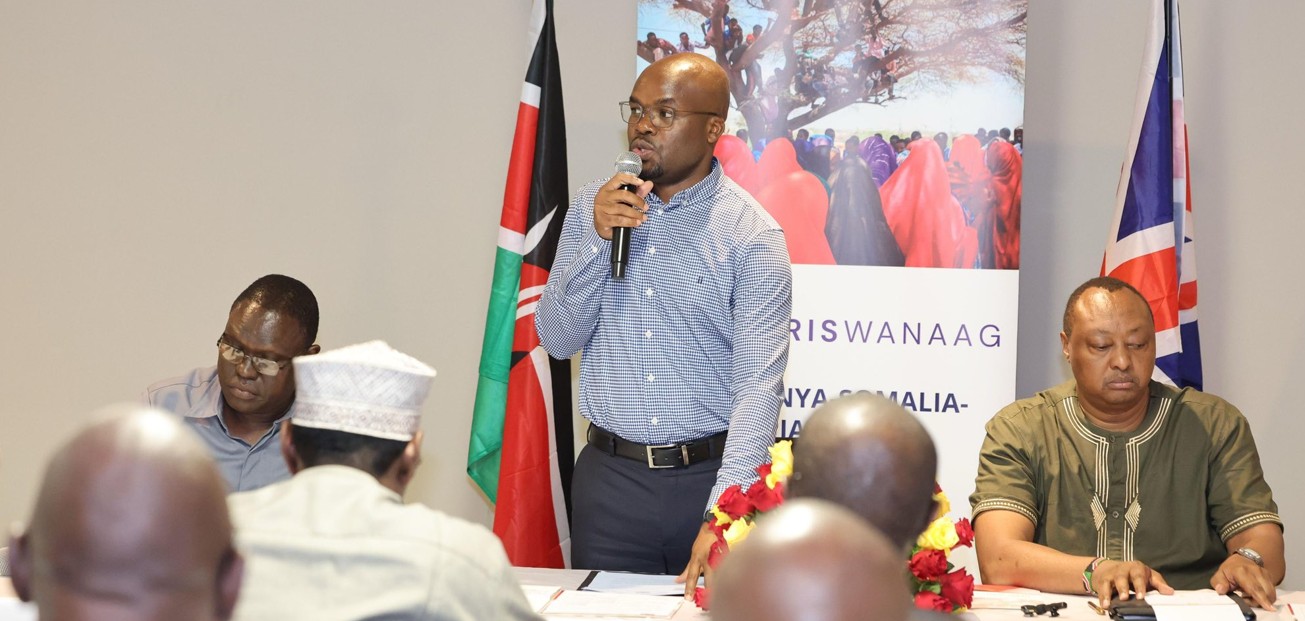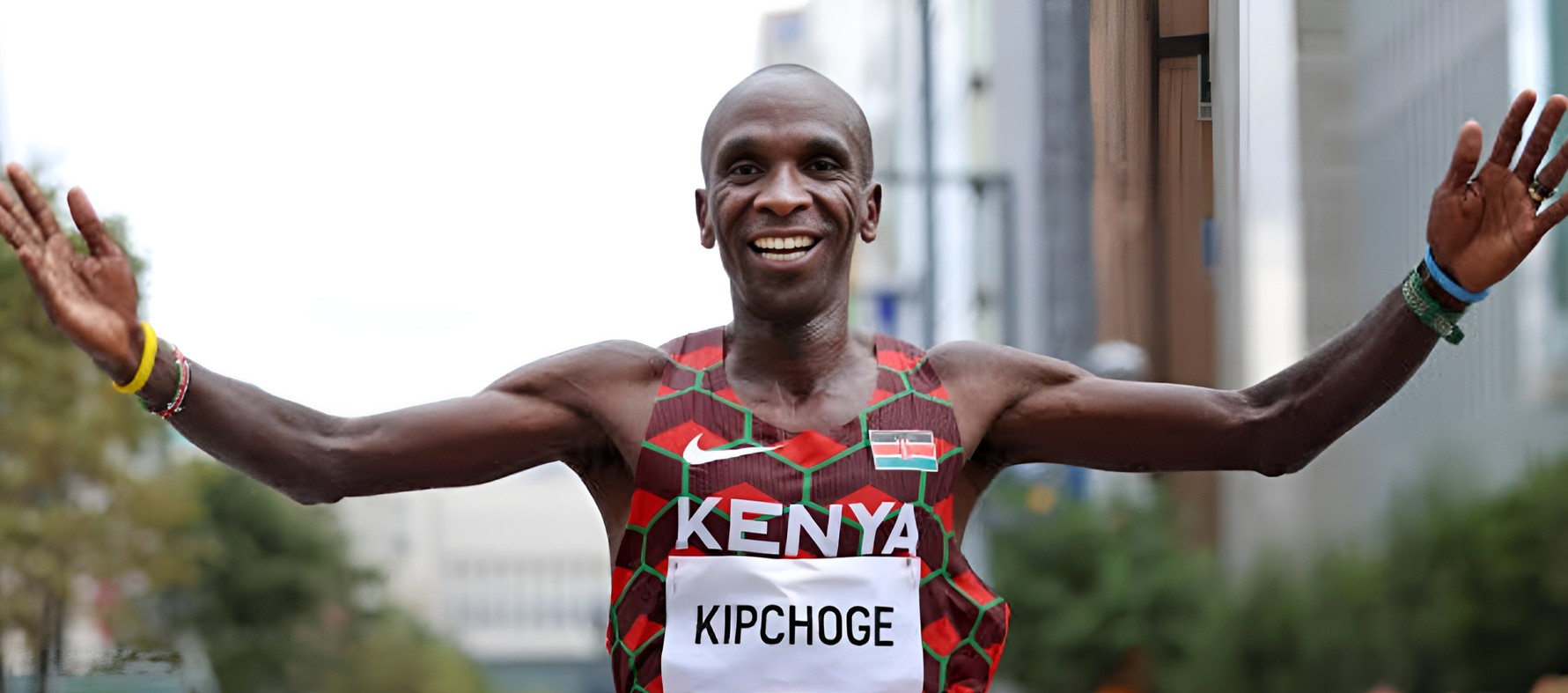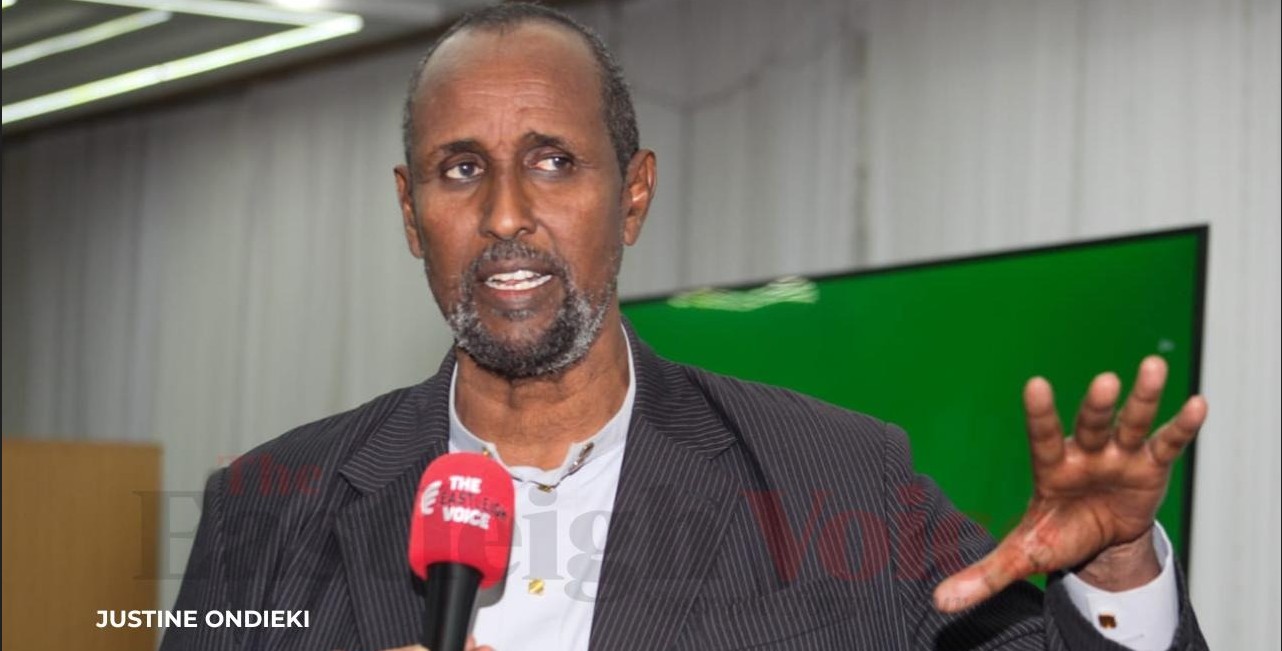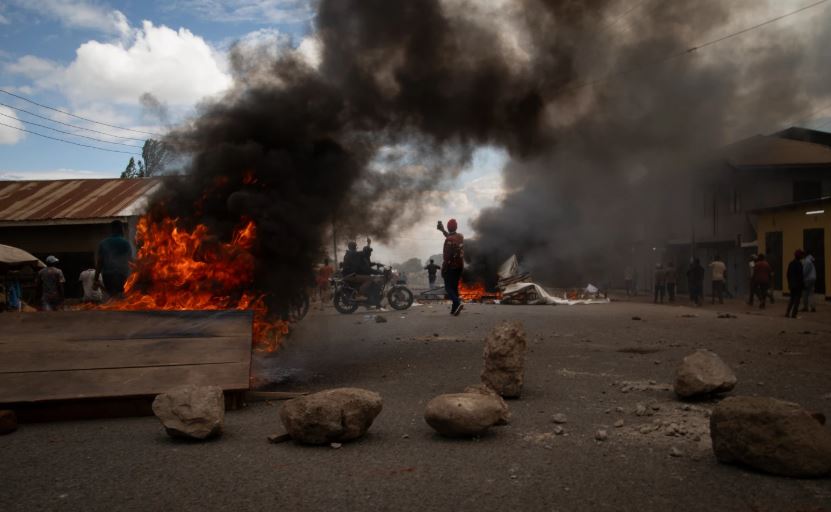Protests as food crisis grips northern Nigeria
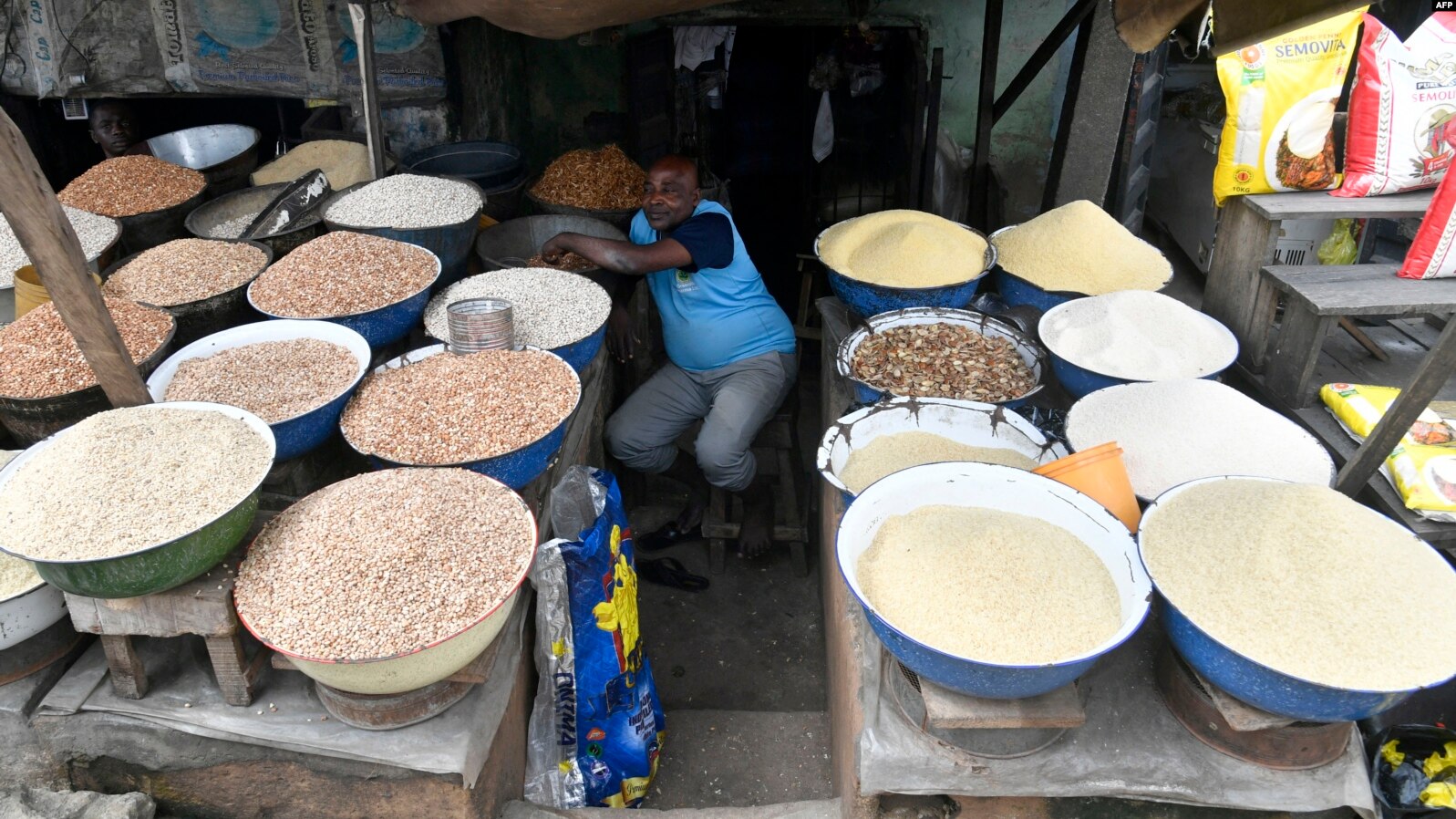
Dire conditions have sparked protests in several northern cities including Suleja near the capital Abuja, Minna in Niger State, and the economic hub of Kano.
Desperate Nigerians have been protesting against soaring food prices as an economic crisis forces people to skip meals and eat poor-grade rice used as fish food.
To feed their children, women in northern Nigeria have even resorted to digging up anthills in search of grain stored by the insects, according to videos shown on social media.
More To Read
- Nigeria to impose retaliatory visa rules in response to US social media requirement
- Nigeria issues fresh flood alert to 28 states, capital city
- Former Nigerian President Muhammadu Buhari dies in London aged 82
- Nigeria records 2,266 insurgent-related deaths in first half of 2025
- Nigerian President Tinubu announces death of army chief
- Nigeria court frees 119 protesters after government drops charges
Since coming to office last year President Bola Ahmed Tinubu has ended a fuel subsidy and currency controls, leading to a tripling of petrol prices and a spike in living costs as the naira slides against the dollar.
Nigeria's inflation rate hit a three-decade high above 28 percent in December, according to the national bureau of statistics.
Dire conditions have sparked protests in several northern cities including Suleja near the capital Abuja, Minna in Niger State, and the economic hub of Kano.
On Monday, the influential traditional emir of Kano Aminu Ado Bayero warned that Nigerians faced "economic hardships, hunger and starvation" and called on the president to take urgent action.
Governor Abba Kabir Yusuf said this month he would ask the president "to intervene and check the prevailing hunger situation in Kano State, so as to save our people from starvation."
"We know that other parts of the country are experiencing the same thing," he said.
At least 63 percent of Nigeria's 220 million population lives in extreme poverty, the statistics bureau says.
Many poor Nigerians have had to give up products considered a luxury, such as meat, eggs, milk and potato.
In Kano, residents have turned to cheap 'afafata' rice. The word means 'let's slug it out' in the Hausa language and refers to its use in hard times.
In 2015 Nigeria banned the import of rice in a drive to boost domestic production.
But the price of locally-produced rice has spiralled, pushing the staple out of reach for many. The cost of maize flour, millet and sorghum has also shot up.
Eighty percent of Nigeria's grain is produced in the northwest and northeast, but violence in these regions has increased pressure on supplies.
Deadly raids and kidnapping for ransom by criminal gangs in the northwest and a jihadist conflict in the northeast have displaced many farming communities.
In a report this month the World Bank warned of acute food shortages in seven states due to the violence.
Nigeria has also shut its northern border with Niger following a military coup that toppled President Mohamed Bazoum last year, preventing millet and cowpea from reaching northern Nigerian markets.
Hoarding
Nigerian authorities face increasing pressure to ease the hardship.
On Monday agriculture minister Abubakar Kyari told parliament national food security had suffered since the coronavirus pandemic in 2020 and devastating floods the following year.
But Ya'u Tumfafi, an official at Dawanau grain market on the outskirts of Kano, said hoarding was also to blame.
"Wealthy people have joined the grain business and continue to mop up grains and store them in warehouses," Tumfafi told AFP at Dawanau, the largest grain market in West Africa.
To address growing discontent, President Tinubu has ordered the release of 102,000 tonnes of grain from the strategic reserve for sale at a subsidised rate to force down food prices.
He also vowed to tackle hoarding, while Kyari told parliament the government intended to boost irrigation farming to help ramp up production.
In Kano, authorities have raided warehouses where traders are suspected of hoarding food supplies.
Yobe state government this month banned bulk purchases of grain from local markets to stop hoarding and exports across Nigeria's borders saying it was to "stem the tide of food scarcity and high cost of grains".
Niger state governor Mohammed Umar Bago has announced a ban on the mass purchase of foodstuffs from local markets. He ordered security forces to confiscate trucks carrying products in bulk and "share the food to the people".
But grain trader Tumfafi said these were "just stop-gap measures that cannot solve the food problem we are facing."
"What impact can 102,000 tonnes make for 220 million people?" he said.
"Let the government secure our villages in the northwest and northeast for people to return and cultivate their farms. Nothing short of this will work."
Story by AFP
Top Stories Today

